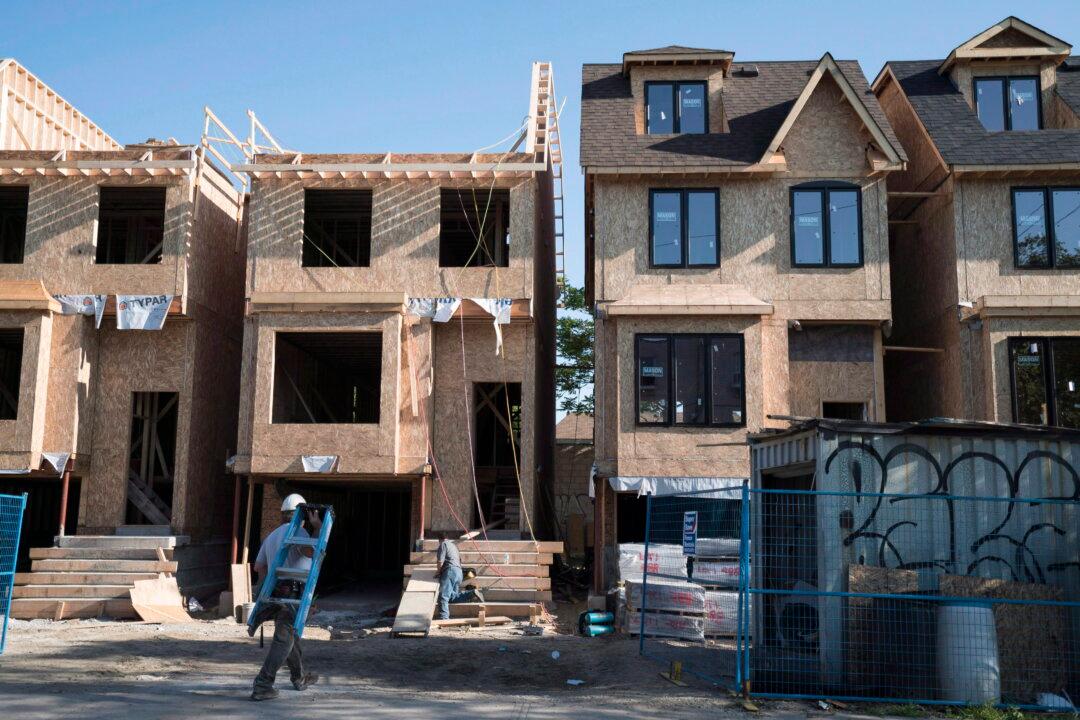Canada’s national housing agency handed out more than $27 million in employee bonuses last year, bringing the total extra pay for its workers to $102 million since 2020, according to documents obtained by the Canadian Taxpayers Federation.
The mandate of the Canadian Mortgage and Housing Corporation (CMHC) is to improve housing affordability, Canadian Taxpayers Federation (CTF) federal director Franco Terrazzano noted in a April 4 press release, where he argued that it “doesn’t make sense” for the Crown corporation to “hand out $100 million in bonuses during a housing affordability crisis.”





